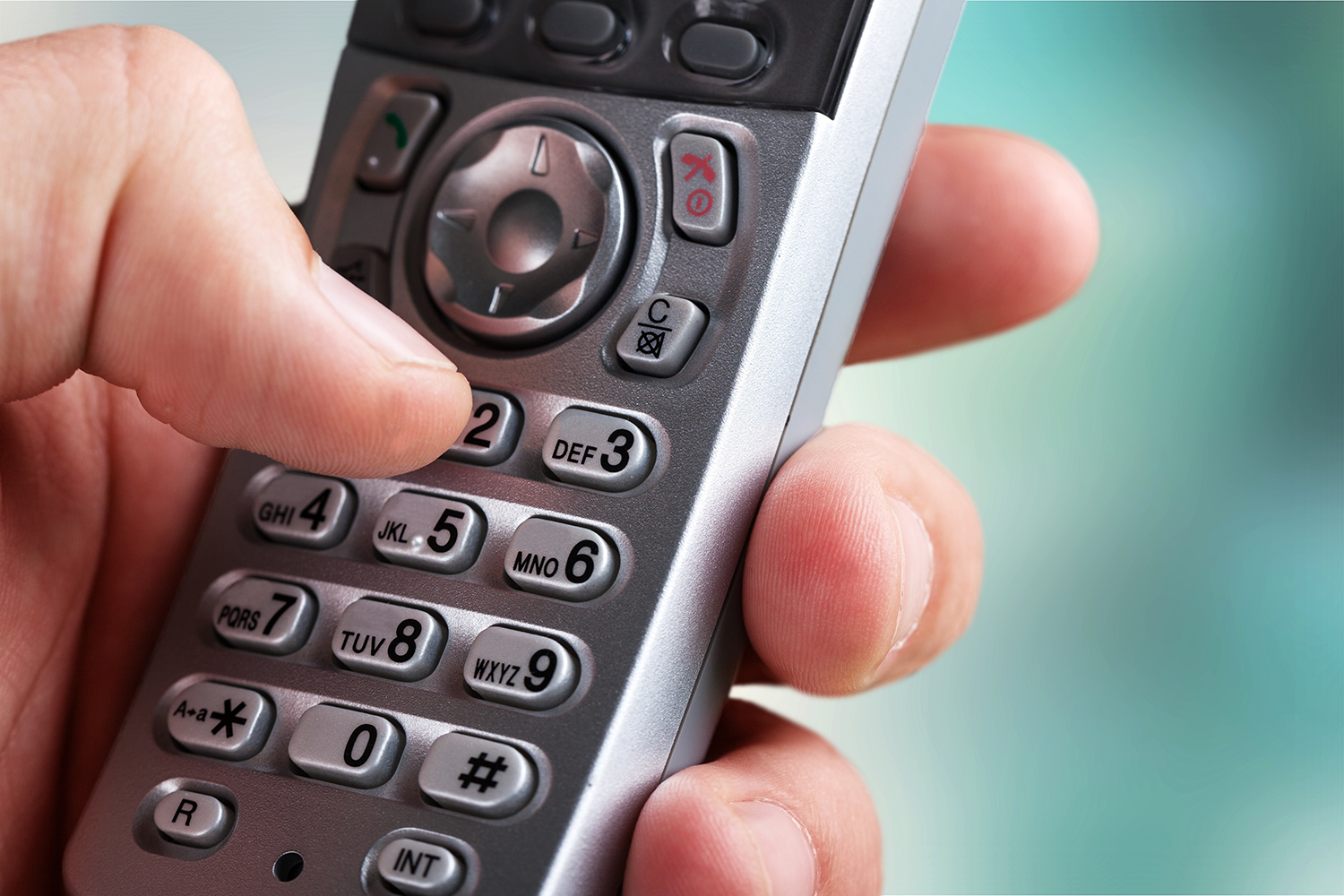Landline phones have several advantages over cell phones. You should consider the advantages of using a landline before “cutting the cord.”
Greater Reliability
Cell phones are not as reliable as landlines. Some areas have poor wireless signals, leading to dropped calls or trouble hearing the person at the other end of the line. Because calls from landlines are transmitted through a cable, rather than radio waves, the call is clearer and the connection more stable.
Easier To Maintain
A key disadvantage of cell phones is that you must have to charge the phone. If you forget, you might not have the phone ready when you need it for work or for an emergency. With a landline phone, it always works even when the power is out.
Greater Security
Landline phones provide more security than cell phones because the call is transmitted through a cable. In order to eavesdrop on cell phone calls, you need only to intercept the radio waves, but in order to intercept a landline call, you must access the cable itself. In addition, having a landline can help provide added security to you and the people in your house. Visitors to your home, such as baby-sitters, or older children left alone won’t have to have their own cell phone in order to make and receive important calls, such as to parents or 9-1-1. Landlines are also necessary for many home alarm systems so that the system can automatically notify the alarm company by phone during a potential break-in.
Better 9-1-1 Location Tracking
A significant advantage of landlines over cell phones is that 9-1-1 operators can better pinpoint your location in an emergency. When you call 9-1-1 from a landline, the operator can find the exact address where the call originated. When you call 9-1-1 from a cell phone, on the other hand, the operator only receives information on your approximate latitude and longitude, which can be 50 to 300 yards off. If you’re in an emergency and can’t speak to give the 9-1-1 operator your location, having a landline could save your life.



